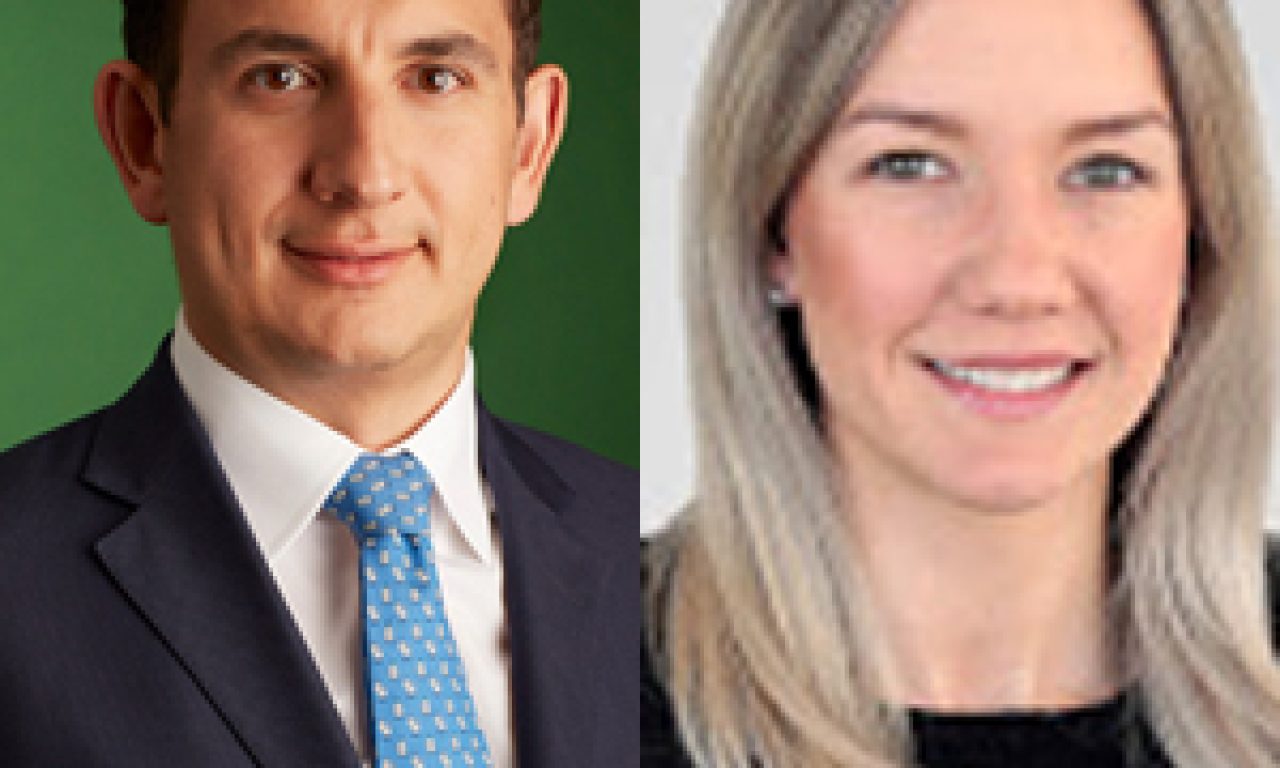In a nutshell, what happens next is likely to be de-globalisation, therefore lower profitability of companies. In the past 10 years, share buybacks have accounted for more than 50 per cent of returns. That phenomenon has halted. Lots of other things aren’t coming back anytime soon either, except, perhaps, inflation.
According to Ruffer LLP, a privately held STG19.7 billion (A$35.8 billion) global funds manager founded by chairman Jonathan Ruffer in 1994, history, as the historians say, can teach us a lesson. The consistency of returns growth and investment tail winds of the last 40 years have been “phenomenal” and supportive of globalisation.
Alex Lennard, investment director of the UK-based manager, who also co-manages the firm’s global total returns fund, told the international investor webinar last week (June 4), that, while equities were undoubtedly likely to be more “dangerous” in future, there were still opportunities.
He joined Ruffer in 2006, reporting directly to Jonathan Ruffer. The firm has offices in London, Edinburgh, Paris, Guernsey and Hong Kong. It recently appointed fund manager and distributor Shed Enterprises as the representative office for Australia and New Zealand. There are about 320 Ruffer staff overall.
“There’s been a widening gulf between executive remuneration and that of the average worker. Bad outcomes are inevitable if senior management is incentivised by a company’s share price rather than the performance of the business,” he said. “Banks are now at their lowest relative valuations since 1941… The banks are no longer the issue.”
In the webinar discussion, Ruffer’s supporting presentation emphasises the importance of history and the relevance of the current major trends. A key in this is: “The cult of equity may be coming to an end”. The presentation shows that in the very-long term, you should own equities. But most people can’t wait 100-or-so years for that to play out.
Charalee Hoelzl, Ruffer senior investment associate, said during the webinar that the rules of which companies abide were likely to be different going forward. She said Ruffer thought there was a risk of underappreciating the risk of future inflation because we were so focused on deflation. “Is inflation dead? Yes, for the time being. But, the future, we are absolutely convinced, is likely to be inflationary… We think it is the most important thing to protect against given its impact on real asset returns.”
With interest rates, she said that while the S&P 500 delivered 5.4 per cent over 30 years, US Treasuries delivered 8.3 per cent. Bond yields would have to fall to minus 13 per cent to deliver the same that they have returned over the next 30 years. “Mathematically, that is highly unlikely,” she said.
Alex Lennard said that equities could have “long periods in the wilderness”. Currently US equities were trading on an average of 25 x earnings, but the world was entering a new regime, he said.
“It will be more friendly to labour over capital,” he said, “but capital represents the people we [professional investors] serve.” Money is being directly injected into people’s pockets rather than bank balance sheets or asset prices.”
Ruffer wanted to position its portfolios for an environment the firm believed would likely emerge, but not try to time when that was. “We have an uncorrelated strategy which is genuinely differentiated from our competitors,” he said.
– G.B.

